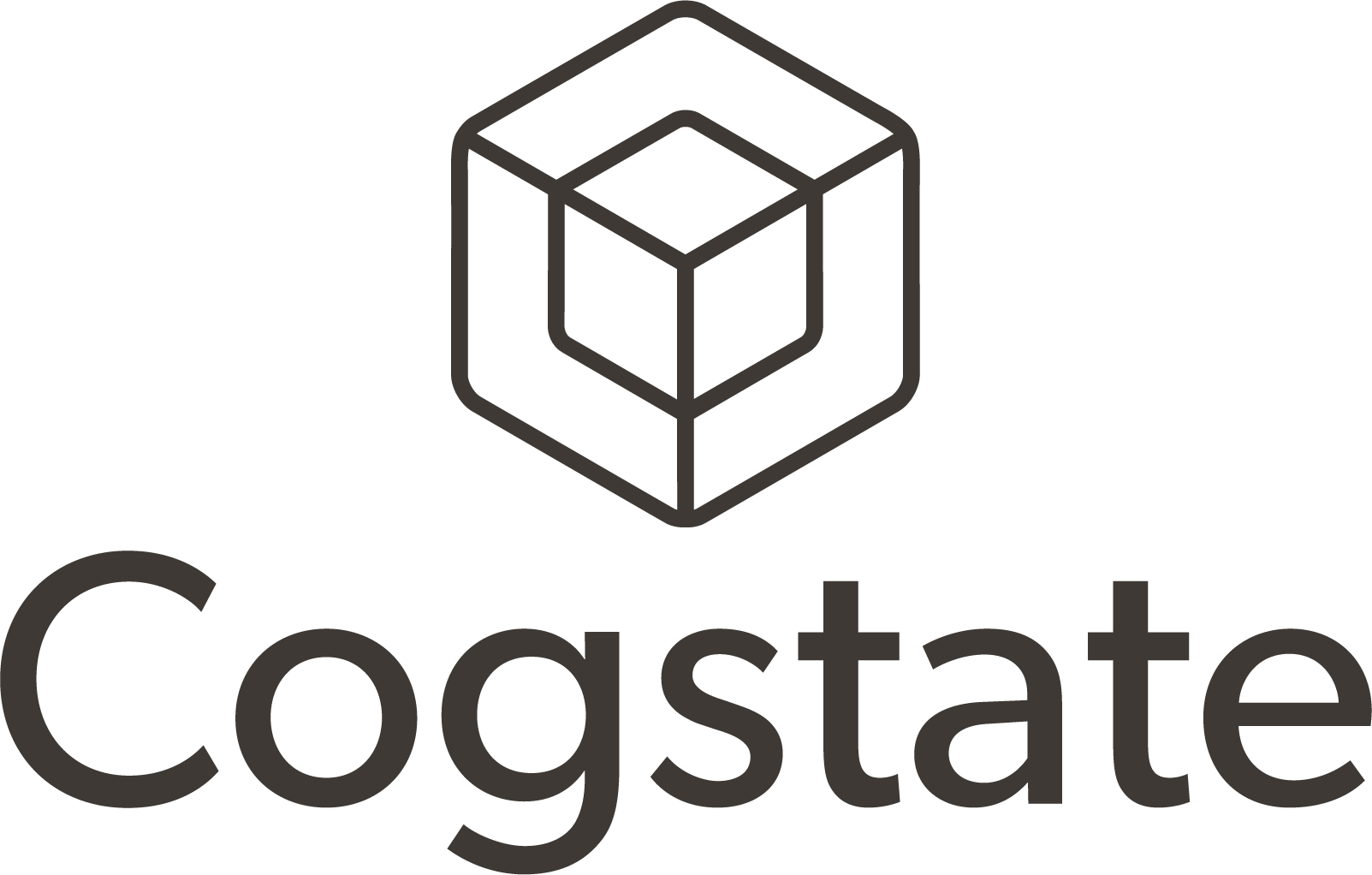In 2020, researchers found that a dysfunction in learning presents as a very large sign of Alzheimer’s disease (AD) related biology. Importantly, even when memory dysfunction can be detected in early AD, the magnitude is substantially smaller than the learning dysfunction observed. This observation opens an entirely new method for understanding clinical pathological relationships in preclinical AD.
Led by Dr. Yen Ying Lim (Turner Institute, Monash University) and Dr. Paul Maruff (Cogstate), the research team developed a novel test paradigm that required older adults to learn the English language terms for a set of 50 different Chinese characters. Analyses of the learning curves showed that in older adults with normal levels of amyloid, the acquisition of the novel information proceeded in accord with the learning curves described initially by Ebbinghaus with performance improving at a faster rate over initial learning trials and then becoming asymptotic at longer intervals.
Compared to healthy older adults, the preclinical AD group matched on age, sex and education levels showed that while learning of the Chinese characters did improve, the rate of learning was reduced substantially. These results were interpreted as indicating that in preclinical AD there is a reduced level to benefit from novel experience. This same learning dysfunction has now been observed in cognitively normal individuals whose risk for AD is increased (through carriage of ApoE4) but whose amyloid levels remain within normal limits.
There is now conjecture that disease-modifying therapies for AD may be most effective in the preclinical stages of the illness and therefore drug development programs are focusing on this stage of the disease. The large effects of amyloid observed on these learning paradigms over short time periods suggests they could be a useful cognitive challenge model for early phase studies seeking to understand the effects of drugs designed to improve cognition in AD.
Register for this webinar to hear an expert from Cogstate describe the methods the research team used and expound on the implications of these important findings. It will also provide commentary on what comes next in this ground-breaking research.
Speaker

Paul Maruff, PhD, Chief Innovation Officer, Cogstate
Professor Paul Maruff is one of the founders of Cogstate and served as Chief Science Officer before taking on the role of Chief Innovation Officer. He is a neuropsychologist with expertise in the identification and measurement of subtle behavioral and cognitive dysfunction. Paul’s research integrates conventional and computerized neuropsychological testing with cognitive neuroscientific methods to guide decision making in drug development and in clinical medicine.
Paul remains an active researcher. He is an appointed Professor at the Florey Institute for Neuroscience and Mental Health. He is currently clinical co-chair of the Australian Imaging Biomakers and Lifestyle (AIBL) study. Paul has published over 450 research articles in international peer-reviewed scientific journals and has co-authored 15 book chapters.
Who Should Attend?
Executives, directors, scientists and managers from pharma, biotech and CROs responsible for the clinical development of Alzheimer’s disease, dementia or related therapeutics, including:
- Research and Development
- Clinical Operations
- Clinical Science
- Outcomes Research
- Outsourcing and Procurement
- Project Management
- Clinical Trial Planning and Optimization
- Medical Affairs
What You Will Learn
Following the webinar, participants will have a greater understanding of:
- Current models of the nature and magnitude of deficits in memory in the preclinical stage of AD
- How measurement of learning differs from the measurement of memory in humans who are both healthy and those with, or at increased risk for, AD
- Frameworks for understanding the meaning of deficits in learning in the context of very early or preclinical AD
Xtalks Partner
Cogstate
Cogstate Ltd (ASX:CGS) is a leading science and technology solutions provider dedicated to optimizing the measurement of cognition in clinical trials, academic research and healthcare. Cogstate provides enabling technologies and professional services for higher quality neuropsychological assessments and is a pioneer in commercializing rapid, reliable and highly sensitive computerized cognitive tests. Cogstate customers include the world’s leading biopharmaceutical companies; elite sporting organizations and military; physicians and patients; renowned academic institutions and public-private partnerships. For more information, please visit www.cogstate.com.
You Must Login To Register for this Free Webinar
Already have an account? LOGIN HERE. If you don’t have an account you need to create a free account.
Create Account





